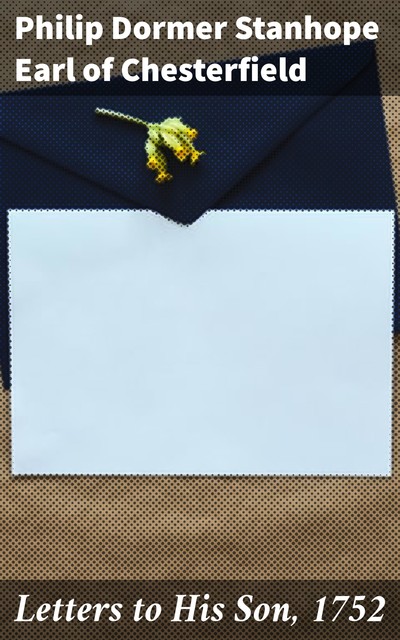In his seminal work, “Letters to His Son,” published in 1752, Philip Dormer Stanhope, the Earl of Chesterfield, crafts a series of letters that illuminate the complexities of gentlemanly conduct and education in 18th-century Britain. Written in a conversational yet eloquent style, these letters serve as both a parental guide and a philosophical treatise on the art of persuasion, social manners, and the cultivation of character. The work intricately weaves personal anecdotes with broader societal observations, embodying the Enlightenment's emphasis on reason and the importance of education in developing an individual'Äôs moral and intellectual faculties. The Earl of Chesterfield, a statesman and diplomat in his own right, drew upon his extensive experiences in the courtly and political arenas, which informed his paternal advice to his son on navigating elite society. His own life was marked by both privilege and the struggles of political ambition, offering him unique insights into the confluence of social grace and personal integrity. Chesterfield's correspondence reflects his deep belief in the formative power of mentorship and the necessity of practical wisdom in an era characterized by its rigid social hierarchy. “Letters to His Son” is an invaluable resource for readers interested in the intersections of education, ethics, and societal norms during the Enlightenment. This classic work not only serves as a guide on personal development but also as a reflective lens through which to examine historical attitudes toward leadership and civility. Readers will find Chesterfield's keen observations and advice remarkably relevant, resonating across the centuries with those striving to refine their own character and understanding of social dynamics.

